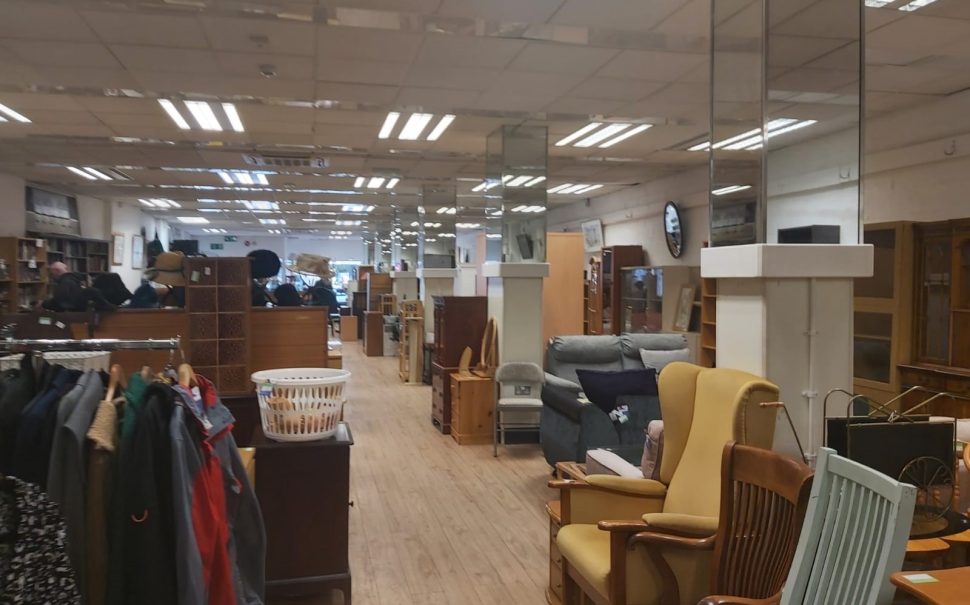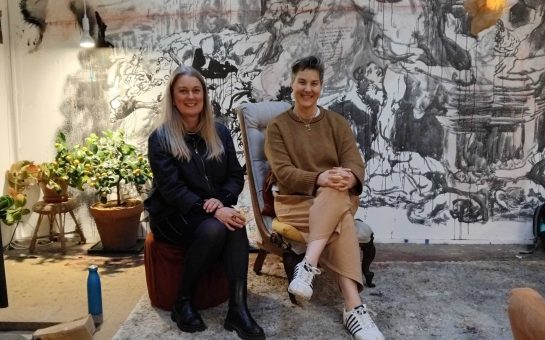The UK has seen a spike in the use of charity shops with the second-hand shopping market growing by 149% between 2016 and 2022.
There are a few different reasons for this: the cost of living crisis has meant people have turned to charity shops for cheaper alternatives, a resurgence of the 90s fashion trends and the growing awareness of the environmental effects fast fashion produces.
Fast fashion is low-priced, stylish clothing that moves quickly from design to stores to meet trends as new collections are added continuously.
It is a throw-away model of consumption and production where clothes are worn only a few times and then discarded.
Currently, the fast fashion industry contributes to 10% of greenhouse gas emissions.
Urska Trunk, campaigns manager at Changing Markets said: “Fast fashion’s contribution to greenhouse gas emissions comes from the entire life cycle: from sourcing raw materials, to burning coal to power stations to transportation of finished products.
“Its carbon footprint is predicted to grow and account for 25% of the world’s carbon budget by 2050.”
According to Trunk, the problem is not only on the production side but the whole model itself.
She said the average consumer buys 60% more clothes than at the turn of the century, but wears them less, so shopping habits need to change too.
This is because majority of clothes are made from synthetic fibres like polyester which are cheap and allow fashion brands to produce low-quality clothing for a low price.
In turn, consumers can buy more clothes and throw them away faster.
Trunk added there is a strong correlation between the growth of synthetic fibres and fast fashion.
The fibres make up 69% of all fibre, is cheap, comes from fossil fuels and is the driving force of fast fashion.
One way to shop more sustainably is to shop second-hand: something that has become very popular in the UK recently.
Four years ago, Zara Canfield, a volunteer at Oxfam, took part in Oxfam’s Second Hand September challenge and has not looked back.
Second Hand September challenges participants not to buy anything new for the entire month.
After she learned about the environmental effects of fast fashion, and how easy it is to shop second-hand, Canfield made a conscious choice to shop sustainably.
To this day, she only shops second hand.
In London, she recommends the charity shops in Marylebone, Chelsea, Notting Hill and Bethnal Green saying people will be surprised by the quality and the designer options available for a low price.
Canfield also added there has been a change in attitude towards second-hand shopping.
It has become more popular and influences on social media platforms are promoting it more and more.





